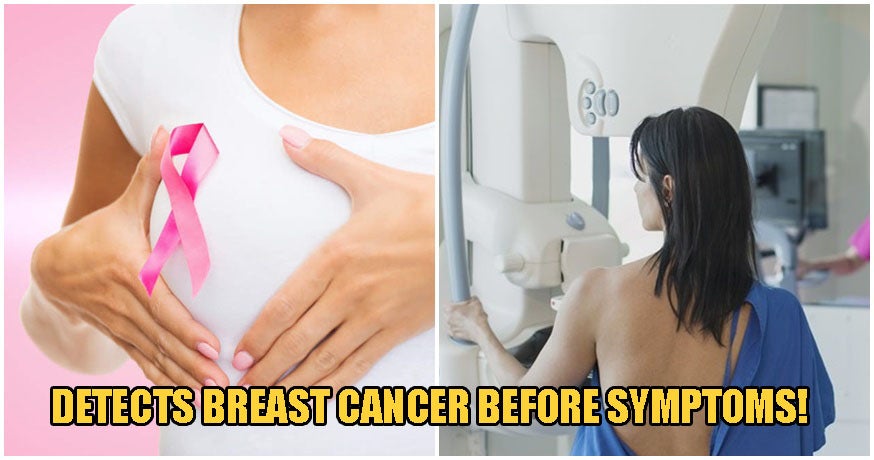Breast cancer is a silent killer that often goes undetected, with many patients who suffer from it remaining completely unaware that they have the disease until it has progressed into late stages, when visible symptoms begin to appear. By then, it is often too late to do much else.
But according to the Daily Mail, a brand new blood test could change the fates of many women who suffer from breast cancer by helping them detect the cancer even before it happens!

Source: medical news today
This revolutionary new detection method is said to be currently in the works after researchers from the University of Nottingham found that antigens produced by cancer cells can be used to determine whether a person has the disease! Apparently these tumor-associated-antigens (TAA) can trigger a response within the body to create autoantibodies meant to fight the very same cancer antigens.

Source: mouth elizabeth hospital
By using these antigens, researchers have developed TAA panels linked to breast cancer that can detect whether blood samples taken from patients contain the autoantibodies that indicate the existence of cancer cells within the body.
These autoantibodies can be usually detected within the body for up to FIVE YEARS before the cancer actually happens.
This gives patients plenty of time to make the decision to seek treatment quickly!
A pilot study conducted by scientists working with the Centre of Excellence for Autoimmunity in Cancer (CEAC) at University of Nottingham’s School of Medicine compared blood samples taken from 90 women with breast cancer at the time that they were diagnosed, and compared it to 90 blood samples obtained from women who had a clean bill of health.
Source: beacon hospital
The results obtained show that ‘…breast cancer does induce autoantibodies against panels of specific tumour-associated antigens’, according to PhD student Daniyah Alfattani.
She also added that ‘We were able to detect cancer with reasonable accuracy by identifying these autoantibodies in the blood.’
But of course, it is worth bearing in mind that this research is in its early stages and requires far more extensive testing to ensure the validity of the results obtained. Experts have pointed out that the blood samples used during the testing were from patients recently diagnosed with cancer, and not patients who have not shown any symptoms of the disease.

Source: freepik
Professor of molecular oncology at the University of Warwick, Lawrence Young, says that “While this is encouraging research, it is too soon to claim this test could be used to screen for early breast cancer.”
The researchers working on the project have said that with a fully-funded development programme, the test may be available in clinics in four to five years.
Regardless of which, we definitely hope that this research proves fruitful and that a new breakthrough will emerge as a result of these findings!
Also read: M’sian Scientist From Cambridge Wins NOBEL PRIZE For Cancer Research And We Couldn’t Be More Proud!








































